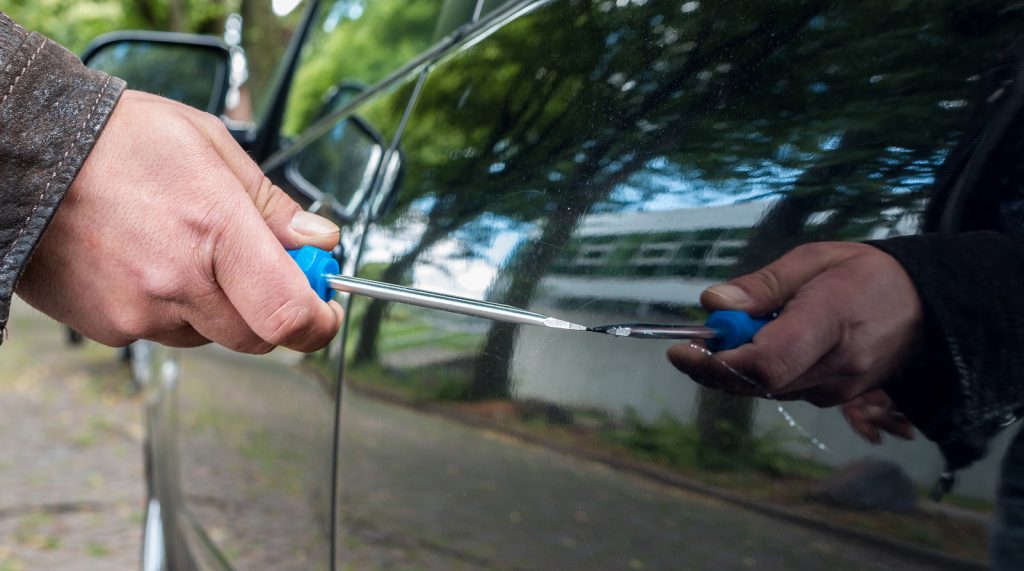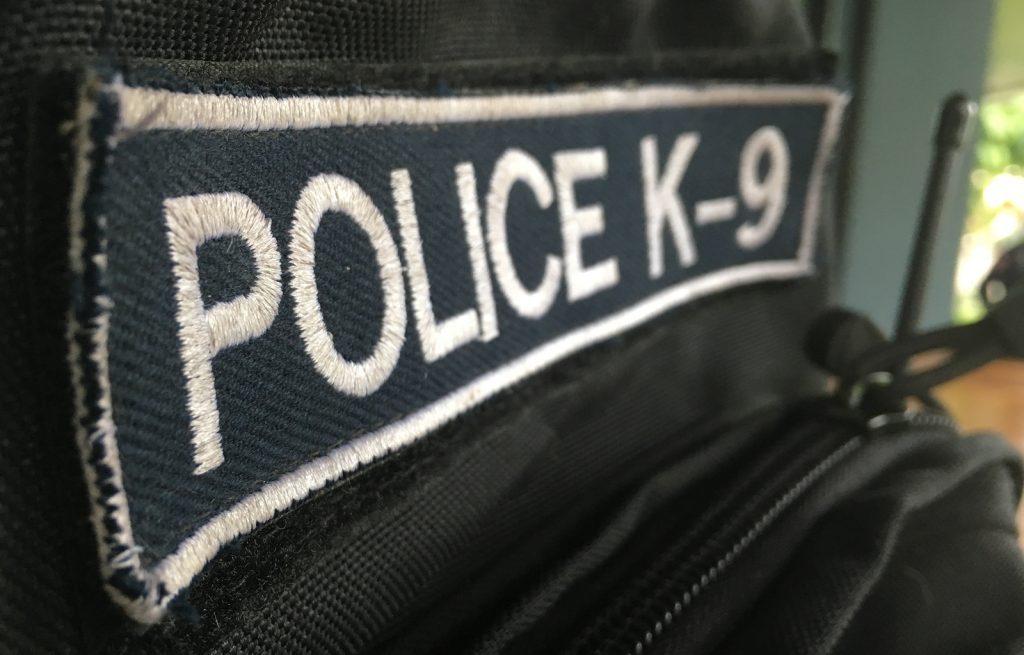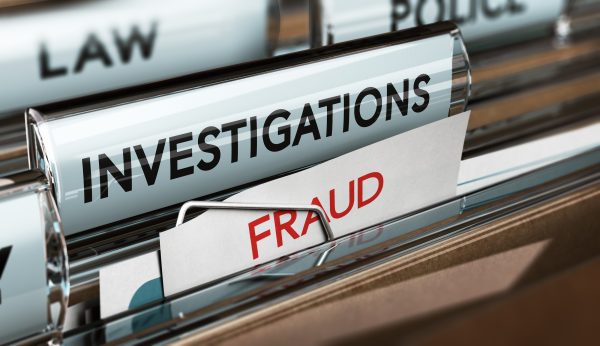Discrimination is against the law, therefore, it is a crime. When it comes to your job, the law protects you against such injustice, as your workplace should be a safe place, both physically and mentally. If you suspect that you are experiencing any form of discrimination or harassment amid your coworkers or superiors, it is important to educate yourself on your legal rights of action.
Continue reading to review some of the most frequently asked questions about workplace discrimination, including what you should do if you are charged with this crime.

What is Workplace Harassment and Discrimination?
Any person who is refused employment, paid less, given separate rules and conditions, demoted, bullied, or fired due to the following is considered a victim of workplace discrimination and/or harassment:
✔ Age
✔ Race, Color, Ethnicity, and National Origin
✔ Religion
✔ Gender and Gender Identity
✔ Genetic Information
✔ Sexual Orientation
✔ Familial and Marital Status
✔ Pregnancy
✔ Disability and Handicaps
✔ Recipient of Public or Governmental Assistance
✔ Membership of Local Human Rights Commission
What are Examples of Workplace Harassment and Discrimination?
Now with a basic understanding of what workplace discrimination and harassment is, you can imagine what it might look like in a real setting. The possible circumstances of discrimination and harassment in the workplace are vast, and can come in many forms. Victims can range from men and women, to mangers and superiors themselves. Here are some detailed examples of what discrimination and harassment look like at work:
⇉ You are called racial slurs and derogatory names by your fellow employees regarding your ethnic background or appearance.
⇉ You are refused a promotion due to being pregnant.
⇉ Your superior makes sexual comments or asks you on a date, and threaten to demote or fire you if you do not comply.
⇉ Your manager scolds you and insults you regularly for not being able to speak fluent English.
⇉ You are demoted or fired for being too old, even though you have worked for the company for several years and still qualified for the position.
⇉ You ask your superior to use an empty office during your breaks for prayer time, but they refuse, even though they allow all the other employees to use it for their breaks.
Will I Be Fired or Reprimanded for Filing a Complaint at Work?
The solid answer to this question is, “NO.” You cannot get in any type of trouble for filing a harassment or discrimination complaint at work. It is against the law for employers to reprimand or mistreat any employee who does so. In fact, if you are penalized or fired for filing such a complaint, you may have legal grounds to sue.
What Can I Do if I am Being Discriminated or Harassed at Work?
If you suspect that you are a victim of workplace discrimination or harassment, start by keeping a journal. Write down the dates, times, comments, and detailed descriptions of every situation that does not feel appropriate to you. From there, you should make a report within your company regarding the discrimination or harassment.
What if My Company Does Not Help or Reprimands Me?
If you receive no help from your company, or worse, get reprimanded or further discriminated against as a result of filing a complaint, it is important to discuss your case with a seasoned Indianapolis criminal defense lawyer who can help you understand the terms surrounding your case. They have the knowledge and resources to carefully evaluate the unique circumstances of your case and recommend viable options for litigation.
What if I am Charged With Workplace Discrimination?
If you are charged with the crime of workplace discrimination, whether as an employee or employer, it is vital that you seek legal guidance as soon as possible. Talk to an Indianapolis criminal defense attorney who can help you build a strong and impactful defense to protect you against the maximum penalties for your criminal charges. In most cases, such crimes are entered into civil court, rather than criminal court, which means you will likely face a load of fines and ordered to pay recompense to the victims.
Get Started With a Free Consultation
Contact the Law Office of David E. Lewis at 317-636-7514 to schedule a free initial consultation and case evaluation. During this meeting, which is free of charge, you have the opportunity to sit down with a skilled Indianapolis criminal defense lawyer and discuss your Indiana criminal charges and the best strategies for your defense, whether on a state or federal level. Get started as soon as today!

















